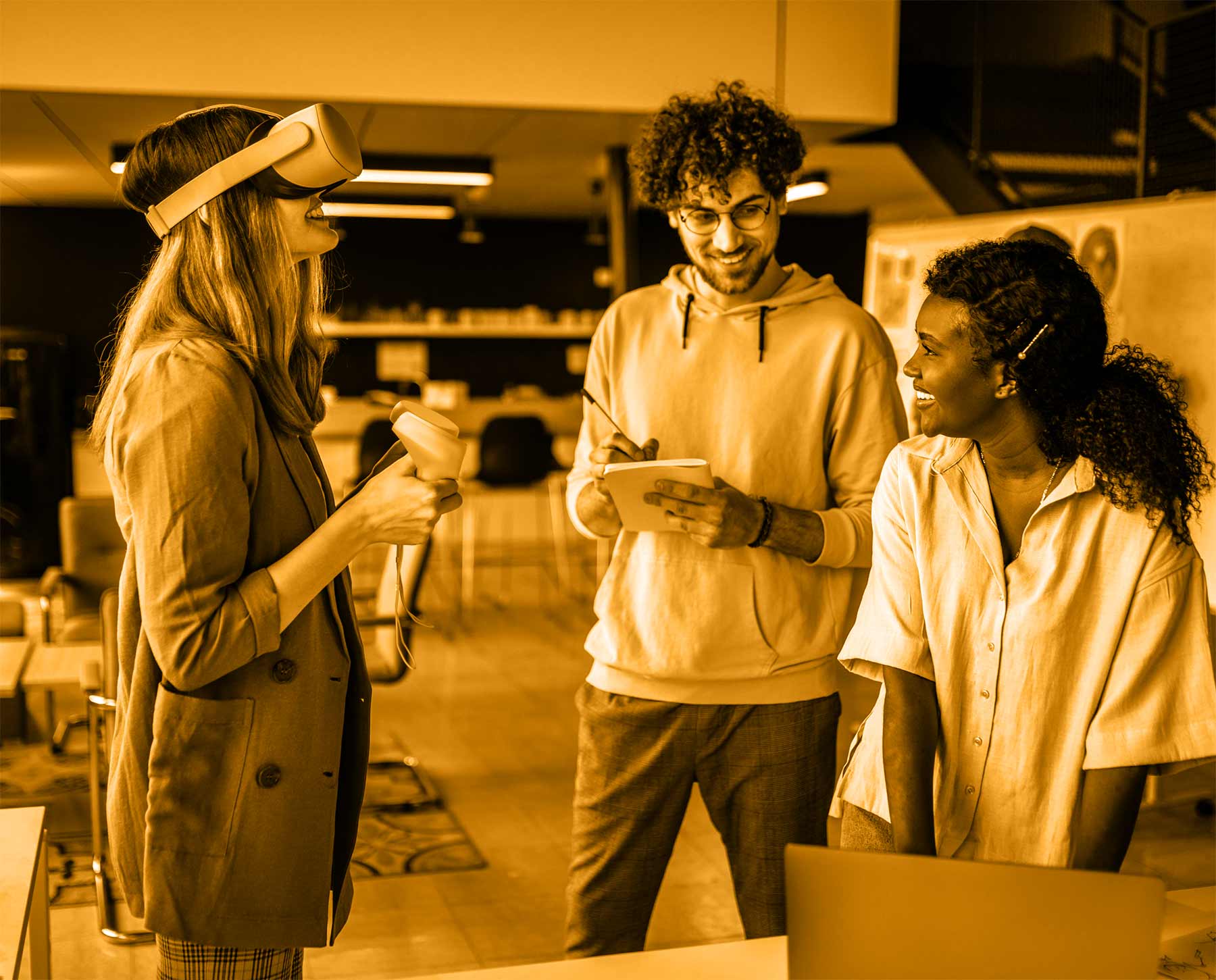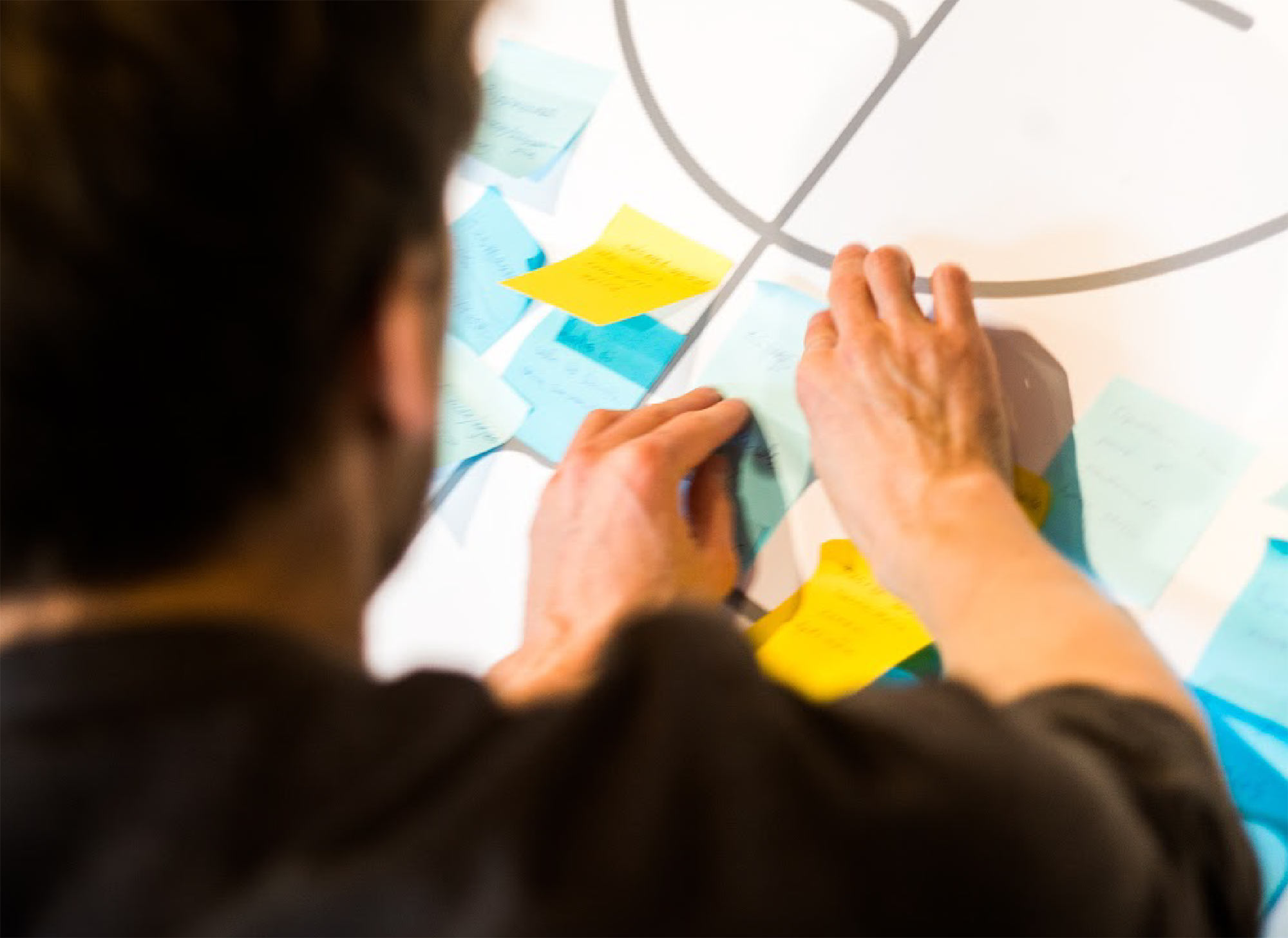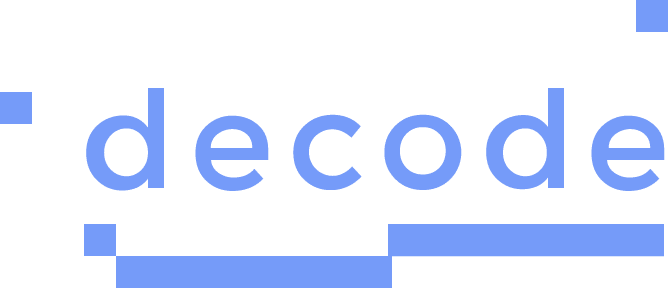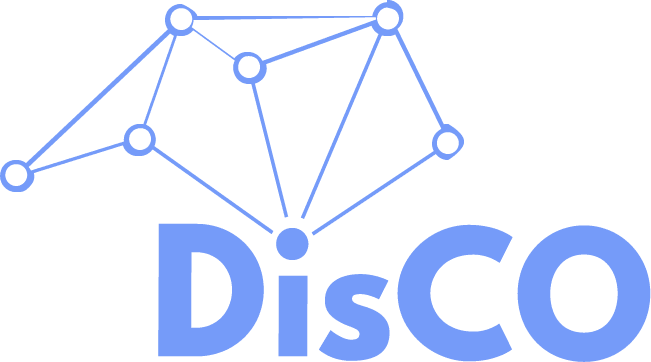Nature behind the digital
The digital economy — abstract as it is — is often perceived as ‘immaterial’ or ‘post-material’: an economy of apps and social interactions that only takes place in the digital realm. Underneath the immaterial image of technology, there is another reality. The digital economy is made possible by high levels of toxic waste, extractive mining practices and heavy chemical use.5 From the rare minerals that make up smartphones to the coal-dependent data centres and cryptocurrency mining, the seemingly ‘immaterial’ has a real effect on the material.
The first blind spot is that, despite possibilities to utilise emerging technology in creating an environmentally sustainable world, digitalisation has substantial adverse effects on the environment. The perception of the digital economy as immaterial has impeded the governance of the extraordinarily high rates of CO2 emissions and energy consumption associated with digital technologies.6 There is also growing awareness of the dependency on raw materials in digital transformation.7 Yet, for years to come, most developers and users may not become aware of the extractive phases of production that are crucial for new digital innovations. Further, the amount of minerals needed for digitalisation might become impossible to obtain, especially when coupled with the requirements of the parallel green transition.8 Finally, if we acknowledge the need for materials in digitalisation, geopolitical considerations arise: the materiality of digital transformation forces countries to reconsider their dependence on global supply chains around technology and its development.


































